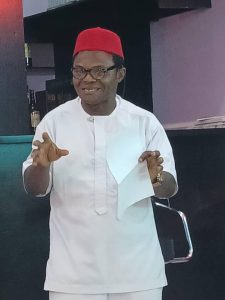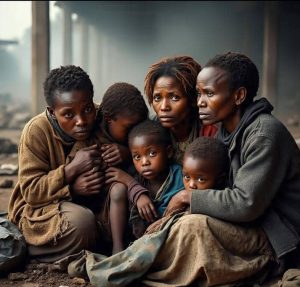UNIQUE AND INTERESTING MARRIAGE TRADITIONS AMONG MADA TRIBE OF NASARAWA STATE OF NIGERIA
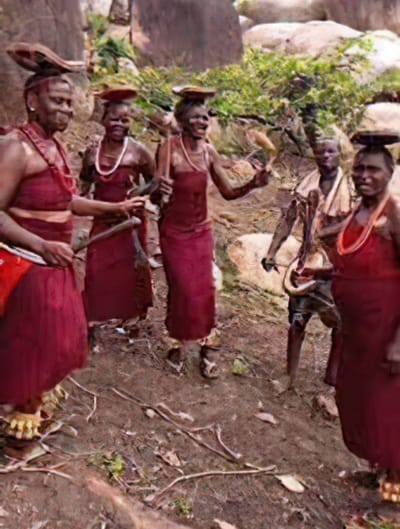
The Story of the Community Where Girls can be Married Immediately after Birth. Even the Northern Igbos practiced some aspects of this incredible, beautiful culture in the past…..Nkem Ossai
Story By Japheth Bala Machu
Mada traditional marriage is an acceptable union between a man and a woman to become husband and wife. This union is valid after all the traditional rites and obligations are absolutely observed.
This article will not be complete if the brief historical background of the ‘Mada Tribe’ and its people is not mentioned here. So, follow me as I take you down memory lane.
The ‘Mada Tribe’ originated from the Plateau Region of Nigeria. They are mostly found in the North Central part of the country and predominantly in Nasarawa State of Nigeria.
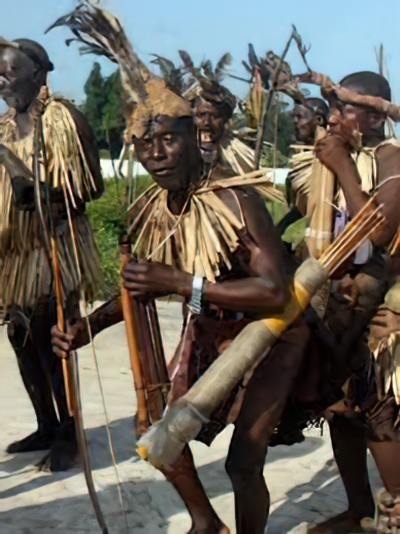
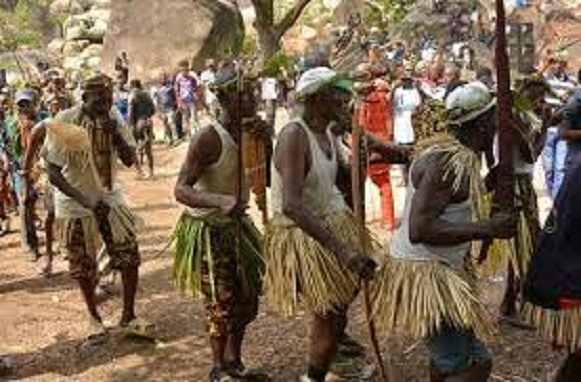
Akwanga Local Government Area of Nasarawa State serves as the headquarters of the Mada nation (tribe). Some equally migrated to Cameroon. They situate along the border with Nigeria. The Mada still maintain their cultural and traditional values despite the trends around their society. This can easily be noticed in the traditional aspect of their marriages.
In ‘Mada Tribe’, there are five forms or types of marriage. They include the following:
i. Marriage by parental betrothal
ii. Marriage by inheritance
iii. Marriage by elopement
iv. Marriage by Exchange
v. Marriage by Force (Capture Marriage)
1. Marriage by Parental Betrothal: From time immemorial, this type happens to be the most acceptable form of marriage in Mada land. The parents of the potential couples are the ones that will orchestrate it. Here, a newly born female child’s forehead would be marked by a man that wants his son to marry her. The reason for that mark is simply to show that she is engaged already. Subsequently, he presents gift items to the mother of the infant girl child he engaged for his son. As a symbol of assurance, the presentation of the gifts continues from the parents of the boy to the parents of the girl just to show they haven’t changed their minds on the girl. Formal introduction is carried out once the girl reaches ten years of age.
Bride Price:
The bride Price of the girl is paid when she clocks 16 years. The bride price consists of 12 goats, fried termites known traditionally in Mada tribe as “begbin” which is garnished with beni-seed and beans cooked with much palm-oil in it. The moment these are done, the following activity is to announce the date of handing over of the bride to the groom and wedding celebrations.
2. Marriage by Inheritance: In this form of marriage, a man has to marry the wife of his deceased elder brother. The woman in question must have to agree to marry her husband’s younger brother. In this, there is no need to pay another bride price. In a case where a woman refuses to marry the relation of her deceased husband and decides to marry someone that is not of her in-laws, then the new husband must pay a bride price to her late husband’s family. If he fails to pay the bride price accrued to him, automatically any child resulting from the marriage belongs to the family of the woman’s former husband that is late.
3. Marriage by Elopement: In this particular form of marriage, the boy and the girl run away. It usually occurs when the girl’s parents do not support their relationship together and are reluctant to agree for both to be a couple despite their love for each other. Another reason could be that the boy (man) is jobless and not financially strong to do a large traditional marriage ceremony or the girl becomes pregnant for the boy out of wedlock. The boy (man) is not expected to take the girl straight to his house, instead, he takes her to the home of a trusted middleman. The relations of the boy have to travel to the girl’s home the following day to intimate the girl’s parents about their stealing. The girl’s parents will make a request that the girl returns home as a proof. She stays with her parents for some days before finally being released. Those days that she is with her parents, the boy comes and pays her bride price without necessarily undertaking a large or elaborate traditional marriage ceremony.
4. Marriage by Exchange: This form of marriage involves the exchange of sisters or relations as wives. It does not involve the payment of bride price. One special thing about this type of marriage is the fact that it prevents domestic violence or marital responsibility from the man’s side. It is believed that any woman who got married through this way can’t be killed through witchcraft except if her in-laws had an agreement with her own relations. The ugly scenario of this type of marriage is that where there is divorce on one side, a bride price must be paid from the other end or the wife must be divorced equally. If one of the women can’t bear a child due to barrenness, there is sadness on the other end.
5. Marriage by Force (Capture Marriage): In Mada Land, this particular type of marriage was responsible for inter-communal conflicts. A woman is ambushed and taken by force to become a wife. Once this woman is married, that is the genesis of conflict. However, if she is a girl, it may not lead to conflict. If she doesn’t like the marriage, she finds an opportunity and escapes. This is often after she has given birth to a child or two. When she escapes back to her home, she won’t enjoy the benefits of a girl because she is regarded as a divorcee who had been defiled.
In conclusion, marriage in Mada tradition is regarded in a very high esteem. It fosters peace and unity among inter-communities that are involved.
Japheth Bala Machu is a Corper at St. Joseph’s Catholic Sec. Sch., Itchi, Igbo-Eze South, Enugu State.
Epilogue:
Africa is a unique continent with a unique culture and traditions. In all that we do, we respect nature and are obedient to creation. But when the white man arrived on our shores, instead of appreciating nature and our enormous endowments by mother nature, he sought to change everything. Starting from the God we worshiped to our names to the dress we wear and now even the food we eat. In the story above, it can be seen how the Mada Tribe arranged their marriage system to blend with nature and to solve marital conflicts.
…. Nkem Ossai

